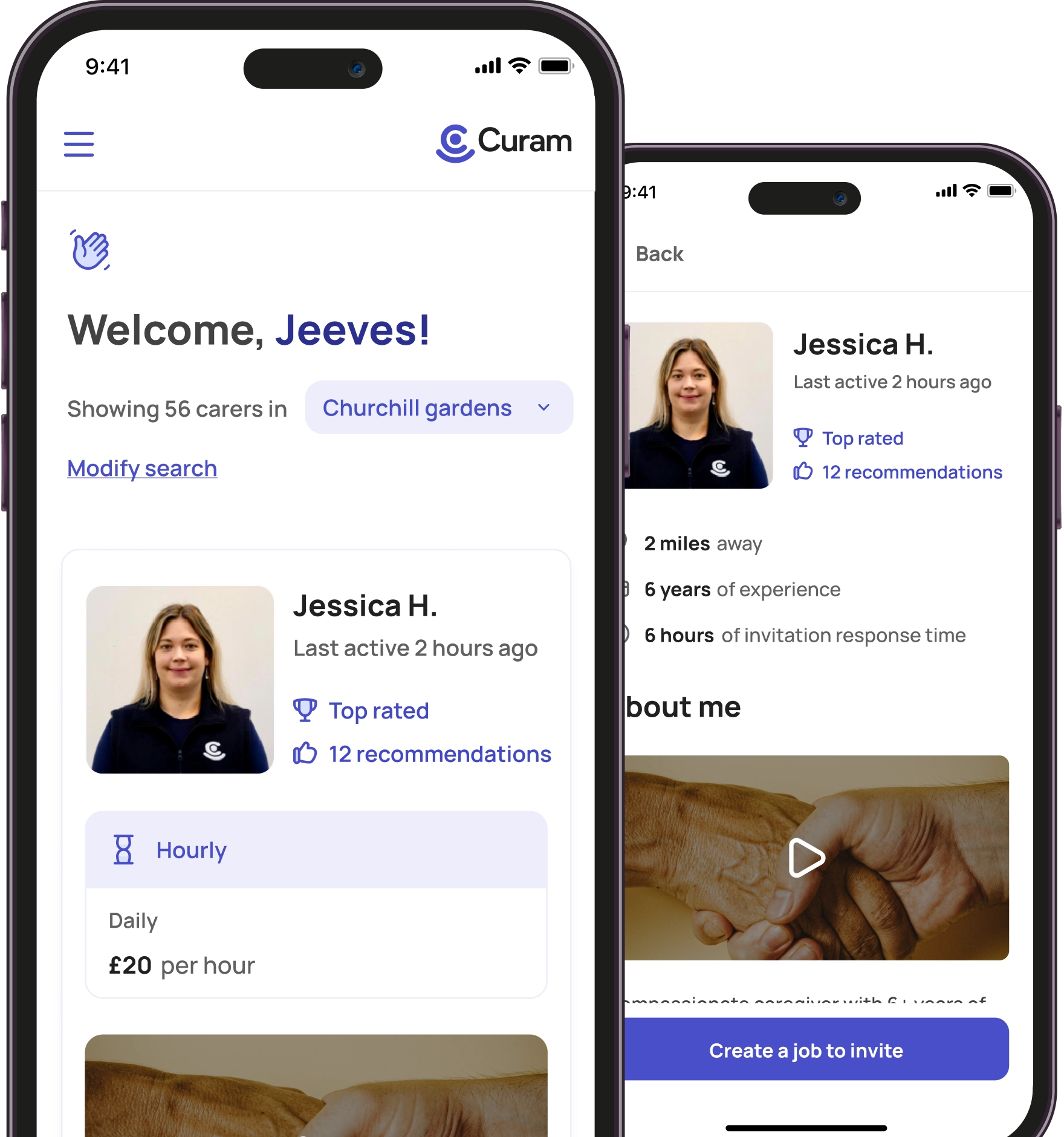Sara Blogger
December 04, 2020

The smooth and timely vacating of hospital beds has been presenting discharge nurses and case managers, around the UK, with the ultimate care conundrum long before the arrival of the pandemic.
Just how long are patients remaining in hospital after they’re deemed fit enough to go home?
The number of patients staying in hospital longer than necessary, and the major impact it has on their health and recovery, are well documented. Newton’s report, commissioned by the national Better Care Support Programme followed the journey of over 10,400 patients in 2018, and found that at any given time, almost 30% of these individuals were fit enough to go home, but were waiting to be discharged.
The average wait time for these people to leave hospital, ranged from a not insignificant 22 days to as high as 44 days. The report also found that between 32-54% of patients were discharged to a setting that failed to match the patients’ needs and an eye watering 92% of these individuals were moved to a setting that provided a more intense level of care than was required, reducing their independence.
What are the implications of delayed discharge for elderly patients?
The subsequent likely outcomes of a prolonged delay for elderly patients have serious mental and physical repercussions. These include:
-
-loss of mobility, due to loss of muscle mass
-
-being discharged to an unsuitable care setting for their needs
-
-the loss of existing support systems and continuity of care
-
-less confidence to live independently
-
-family and carers also lose confidence to support the patient to live independently
-
-greater risk of contracting a serious infection
This is exacerbated by the fact that the longer a patient stays in hospital, the less likely they are to be discharged into an appropriate setting that caters for their needs. There are numerous cases of elderly patients going into hospital for a minor procedure only to then become delayed in hospital and for their needs to change leaving them stranded as they’re then deemed unable to return home.
What are the delays to patients being discharged?
Bearing in mind the complexity and the severity of these possible outcomes, there’s no one singular cause behind these delays. However, finding the right care package is undoubtedly the most prominent reason that’s keeping patients in hospital.
The right care package, implemented at the right time, won’t just ensure a prompt hospital discharge process, but could see nursing and residential placements reduce by half according to the Newton study. The report also found that the availability of convalescent care would have tripled the amount of people being able to leave hospital at the point they were deemed fit enough.
The cost implications of delays to the discharge process are phenomenal, not just because a patient is spending longer in hospital than required, but the resulting, often more intensive, care package comes at a significantly higher cost.
The Newton report calculates the savings that could be made, had all the patients they tracked had the right care package without delays in hospital, and the resulting figures range between £4.9 M to £11.9 M. If this were to then be applied to all general and acute beds throughout the U.K, there’s a potential saving of as much as £1.2 Bn.
What is the cost of adult social care?
The average price of a nursing home is around £893 a week but this varies greatly depending on geographical location and the patient’s needs. This is an expensive option when a patient may not need round-the-clock nursing care and in fact would make a better recovery with support at home. However, examining agency hourly fees doesn’t present a cost-effective alternative, as these average at over £20 an hour, of which the carer is paid less than half this.
When domicile care is needed, Curam has the solution to speeding up the hospital discharge process
Our platform is the largest source of self-employed carers in the UK.
Curam’s streamlined technology means you can advertise your role on the platform free of charge with complete anonymity and contact the carers you think would be best suited to the person you’re arranging care for. You can then interview them and decide if you’d like to hire them. The carer’s hourly rate includes our fees and they’re fully insured. Because you’re speaking to the carers directly, this makes the process even quicker, with clients arranging care in as little as 20 minutes.
The carers are required to pass our thorough vetting process (which includes verifying their DBS check, that they have the right to work in the UK and have 2 checkable references) to be approved to use the platform to find care opportunities. Curam carers are self-employed, insured and they charge an average of £16 an hour. This includes our fees, which at 12.5% plus VAT, are the lowest in the sector. There are no contracts, hidden fees and our secure payment system processes the carer’s payment once they’ve completed their shift.
Arrange hospital after-care today
How you start the process of arranging a carer with Curam is completely up to you. You can either:
-
-Download our easy-to-use Curam app
-
-Go online to tell us your care requirements
-
-Email us at client@curamcare.com
-
-Give us a call on 01387 730766
Whether it’s online or over-the-phone, our dedicated client support team are available to answer your queries. Once you’ve set up your free account, we can support you all the way with selecting the carers who best match your requirements.
We are Curam: creating a better care community.
 Back
Back






